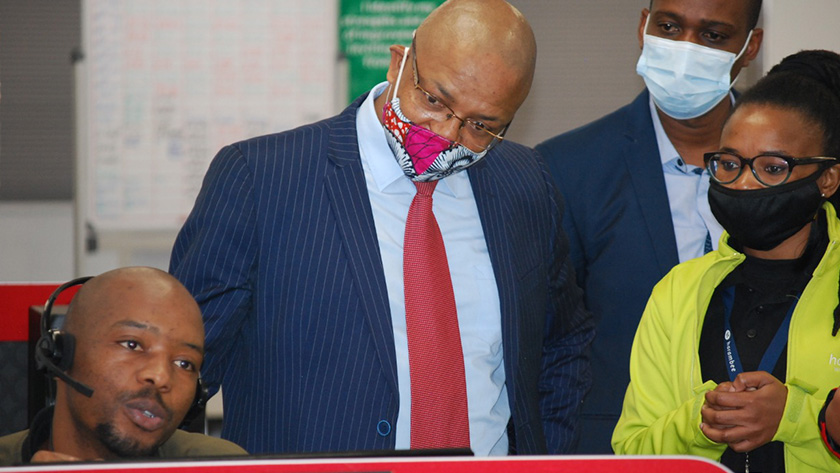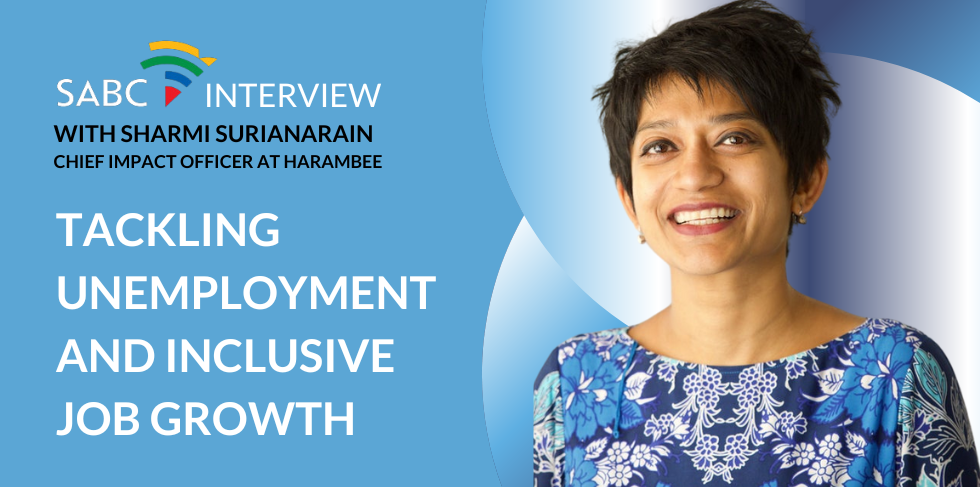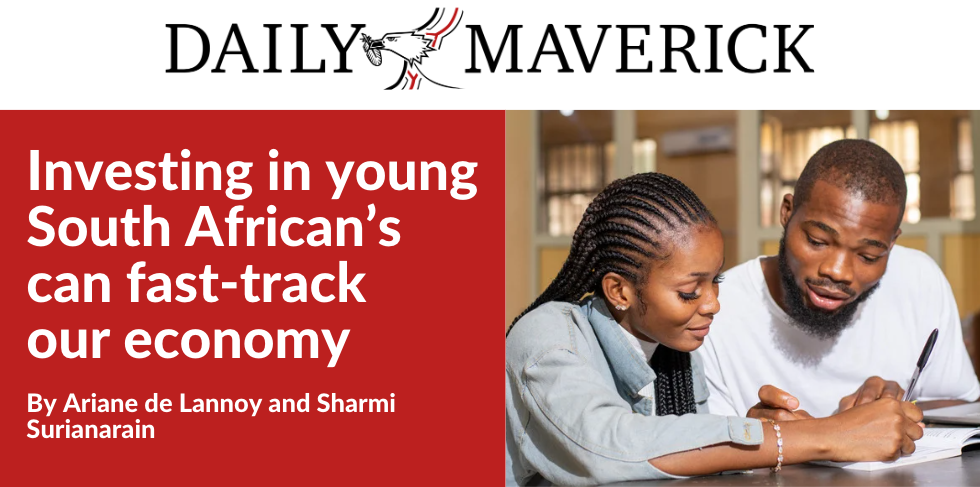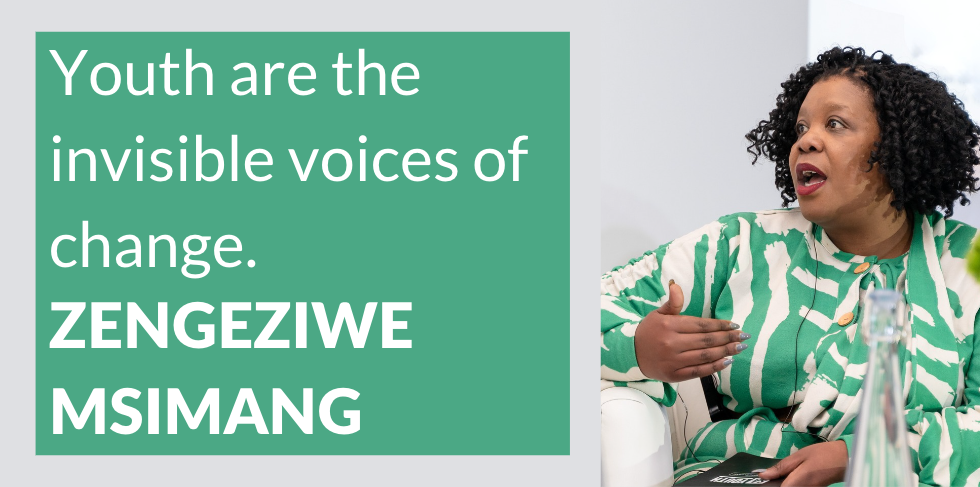African governments have historically relied on face-to-face services as a key mechanism for supporting citizens. At the onset of the COVID-19 pandemic, with those services largely suspended, there was an unanticipated need to amplify government infrastructure through alternative channels that were accessible and affordable to its youth and other vulnerable citizens.
Case in point was South Africa’s Unemployment Insurance Fund (UIF). When it became the custodian of the government’s single largest relief scheme to businesses and employees in economic distress during the pandemic, it lacked the infrastructure to respond. The fund had 26 call center agents and a technology platform that could receive 250 concurrent calls at a time. This was all they needed for business as usual.
COVID-19 was not business as usual. Overnight, nearly every employee and employer in the country needed to get a hold of them to access the relief benefit. The Fund’s call volumes increased to over 6,000 concurrent calls and needed a workforce of 500 call centre agents to adequately respond.
With all the bureaucracy inherent in government, how could they adapt to these changes—and immediately?

Enter Harambee Youth Employment Accelerator, a not-for-profit social enterprise with a track record of working with government to tackle South Africa’s enormous youth unemployment challenge. Over the years, Harambee has invested in a multi-channel platform to support young people—including a scalable contact center technology solution that could swiftly be reconfigured and redirected to receive the UIF’s incoming calls.
Over a 50-day period, Harambee helped scale up the UIF’s capacity to take over 1.2 million calls with a 99 percent call answer rate. This supported the fund’s ability to disburse ~$2 billion to 150,000 businesses and well over 2 million workers, ensuring they were able to keep their jobs and avoid layoffs.
The work was intense, fast-paced and complex. We had to problem-solve continuously to meet the changing needs of an institution under immense pressure to make good on its COVID-19 relief commitments. However, the partnership helped unlock value and capability for a government department that would last well beyond those three months.
The work of partnering with government departments is often messy and volatile—and especially so during the heightened uncertainty of the COVID-19 pandemic. And yet, this work could not be more critical, especially in helping solve real-time challenges in partnership with government departments that are often cash-strapped, overwhelmed, and under intense pressure.
Harambee also worked with the Gauteng Provincial Government (which includes the country’s economic hub of Johannesburg) to help its Department of Education deploy unemployed youth to support schools to re-open safely, providing assistance with sanitization, physical distancing, and screening. Within weeks of receiving over 300,000 applications for this opportunity, we supported the training and deployment of 4000+ youth into 78 percent of schools most in need of this capacity.
The program was not without its challenges. We had to find innovative ways to source, match, and train youth while also paying close attention to health risks and geographic proximity, all during South Africa’s very strict lockdown. When logistical challenges arose, we partnered with the government to troubleshoot stipend disbursements and ensure that the youth were paid for their work.
Governments are under immense political and social pressure to respond to urgent needs in times of crisis. As external parties, we often have the perspective afforded by distance, allowing us to add valuable capacity to these state institutions, especially during times of uncertainty.
Harambee’s experience suggests that partnering with government for scale impact during times of uncertainty requires patience and a willingness to solve for the big picture while rapidly iterating for evolving challenges, all while giving up some degree of ownership and credit in pursuit of a broader goal.
The African proverb “If you want to go fast, go alone, if you want to go far, go together” was never truer than in the context of working closely with government to scale impact. While working collaboratively with government entities might seem slower in the short term—to allow for more coordination, alignment, and sustainability—this approach is almost always likely to allow for scale and greater impact in the long term.
Harambee Youth Employment Accelerator builds African solutions for the global challenge of youth unemployment. We work closely with government and the private sector to catalyse job growth, link young people to opportunities in the formal and informal sector, and provide evidence and insights to inform policy and practice. Harambee is a core implementing partner to government in South Africa and Rwanda and a thought partner to others across Africa and globally. See www.harambee.co.za.
____
Source: This article was written by Sharmi Surianarain, Chief Impact Oficer at Harambee Youth Employment Accelerator, and originally published on 27





 Stay Connected
Stay Connected

